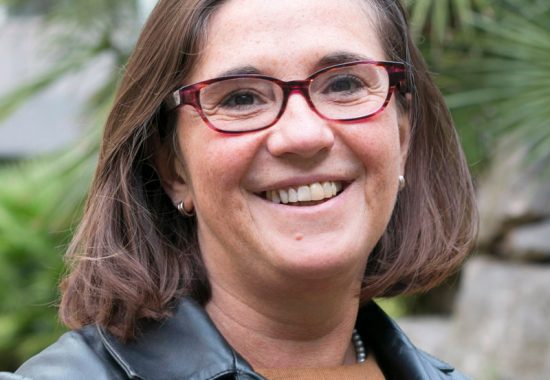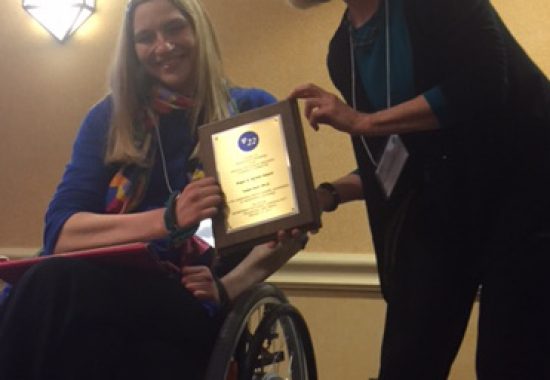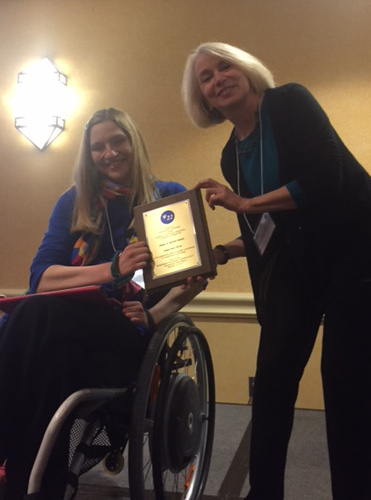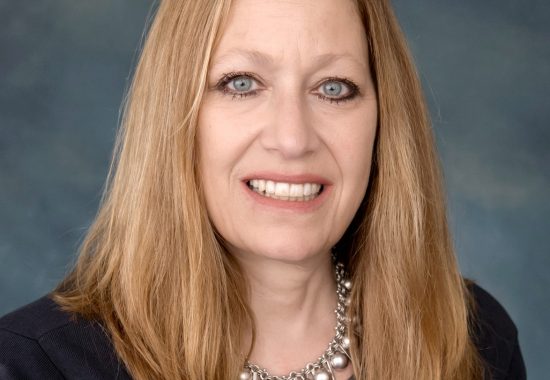 As a result of a Global Engagement Grant awarded to Gabriella Vigliocco, PhD, of University College London (UCL), Moss Rehabilitation Research Institute scientists will visit UCL next year for a workshop to discuss future collaborative research possibilities in the domains of language and action.
As a result of a Global Engagement Grant awarded to Gabriella Vigliocco, PhD, of University College London (UCL), Moss Rehabilitation Research Institute scientists will visit UCL next year for a workshop to discuss future collaborative research possibilities in the domains of language and action.
For several weeks a year, Professor Vigliocco is a “Scientist in Residence” at MRRI, where she collaborates regularly with researchers in the language and action domains. This grant will further enhance close collaboration between the two institutions.
Dr. Vigliocco is professor of psychology at University College London, where she directs the Language and Cognition Laboratory.





